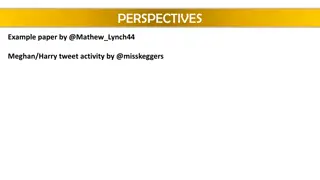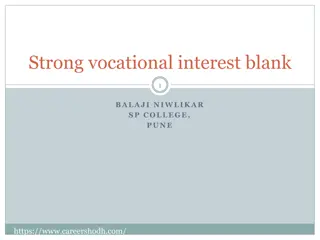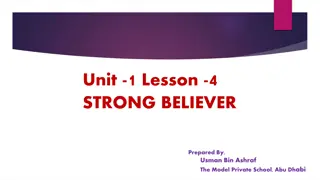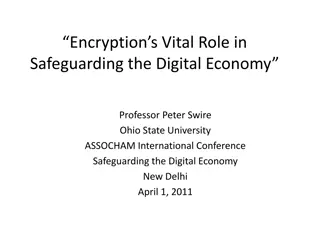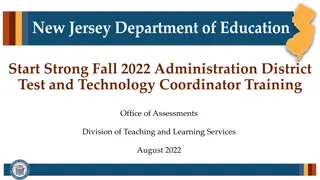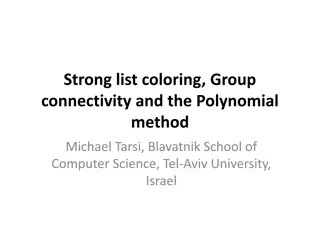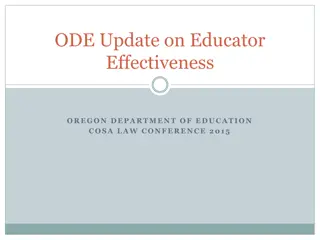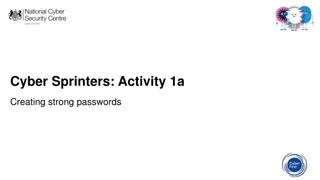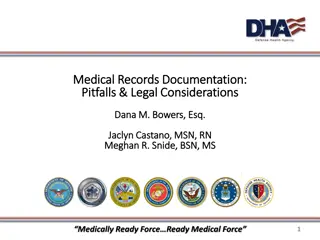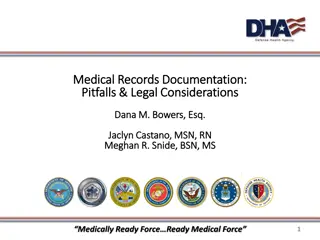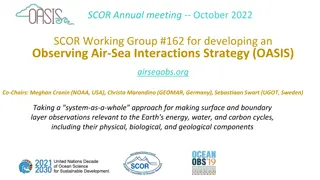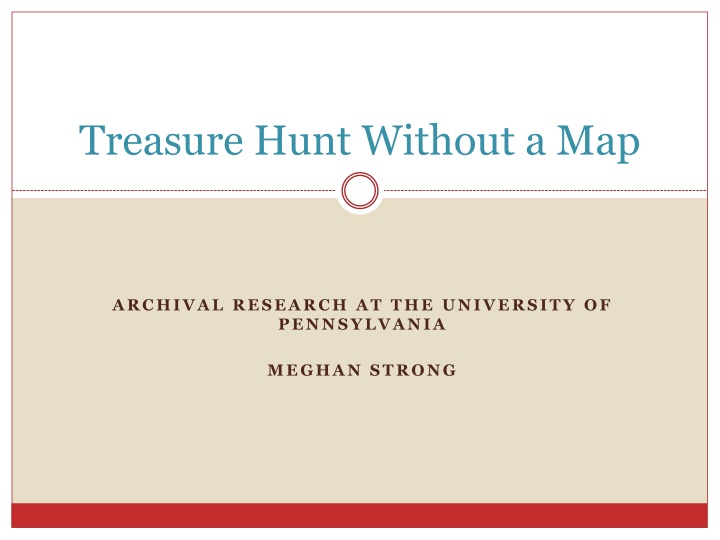
Unlocking Treasures: Archival Research at University of Pennsylvania
Discover the world of archival research at the University of Pennsylvania through the exploration of materials related to Marian Anderson, Walt Whitman, and Montaigne. Uncover hidden stories, delve into historical contexts, and develop essential research skills for humanities students. Engage with thousands of fan letters, primary sources, and translations, all housed within the treasure trove of the university's rare book and manuscript library. Join the quest to create a meaningful narrative through the study of original texts and historical documents.
Download Presentation

Please find below an Image/Link to download the presentation.
The content on the website is provided AS IS for your information and personal use only. It may not be sold, licensed, or shared on other websites without obtaining consent from the author. If you encounter any issues during the download, it is possible that the publisher has removed the file from their server.
You are allowed to download the files provided on this website for personal or commercial use, subject to the condition that they are used lawfully. All files are the property of their respective owners.
The content on the website is provided AS IS for your information and personal use only. It may not be sold, licensed, or shared on other websites without obtaining consent from the author.
E N D
Presentation Transcript
Treasure Hunt Without a Map ARCHIVAL RESEARCH AT THE UNIVERSITY OF PENNSYLVANIA MEGHAN STRONG
The Archives University of Pennsylvania Rare Book and Manuscript Library at the Kislak Center The goal: to create research opportunities for lower level humanities students, building skills they will need in future research, and to encourage use of the resources at UPenn
Exercises Introductory materials for archival research Marian Anderson paleography and transcription Walt Whitman annotation and primary sources Montaigne translation and etymology
Marian Anderson African-American singer, 1897-1993 Thousands of fan letters housed in the archives 100+ boxes Transcription of letters Creating a person through his or her letters
Walt Whitman Collections on Whitman and the Delaware River Port Authority Naming of the Walt Whitman bridge Social and political perceptions of Whitman in different decades
Montaignes Of Cannibals Introduction to the Oxford English Dictionary Analysis of early translations For advanced French students: analysis of original French vs. English translations; development of translation techniques
Cannibal Etymology: In 16th cent. plural Canibales, < Spanish Canibales, originally one of the forms of the ethnic name Carib or Caribes, a fierce nation of the West Indies, who are recorded to have been anthropophagi, and from whom the name was subsequently extended as a descriptive term.Professor J. H. Trumbull, of Hartford, has pointed out that l , n , r interchange dialectally in American languages, whence the variant forms Caniba , Caribe , Galibi : and that Columbus's first representation of the name as he heard it from the Cubans was Canibales , explained as los de Caniba or Canima ; when he landed on Hayti, he heard the name of the people as Caribes and their country Carib ; the latter was afterwards identified with Puerto Rico, named by the Spaniards Isla de Carib , which in some islands , Columbus says, they call Caniba , but in Hayti Carib . Apparently, however, it was only foreigners who made a place-name out of that of the people: according to Oviedo ( Hist. Gen. II. viii.) caribe signifies brave and daring , with which Prof. Trumbull compares the Tupi caryba superior man, hero, vir . Calib- (in CALIBAN n.) is apparently another variant = carib-an; compare Galibi above-mentioned. Columbus's notion on hearing of Caniba was to associate the name with the Grand Khan, whose dominions he believed to be not far distant; he held que Caniba no es otra cosa sino la gente del Gran Can . To connect the name with Spanish can, Italian cane, Latin canis dog, was a later delusion, entertained by Geraldini, Bp. of San Domingo, 1521 5; it naturally tickled the etymological fancy of the 16th cent., and may have helped to perpetuate the particular form canibal in association with the sense anthropophagi. See Prof. Trumbull's article, in N. & Q. 5th Ser. IV. 171. (Oxford English Dictionary)
The Importance of Archival Research Training in the idea that research does not yield instant gratification Particular emphasis on opportunities for lower level humanities students Early development of research techniques Experience with primary sources
Montaigne Questions How does what you have just learned about the words cannibal, savage, and barbarian play a role in these translations? What is the last line of each version and how do they differ? Why might each of the translators have chosen to translate the last line in this way? How might readers have understood this essay (and its translations) differently in the context of how these words are defined? Why do you think Montaigne titled his essay Of Cannibals but never uses the word cannibal in the body of the essay?





